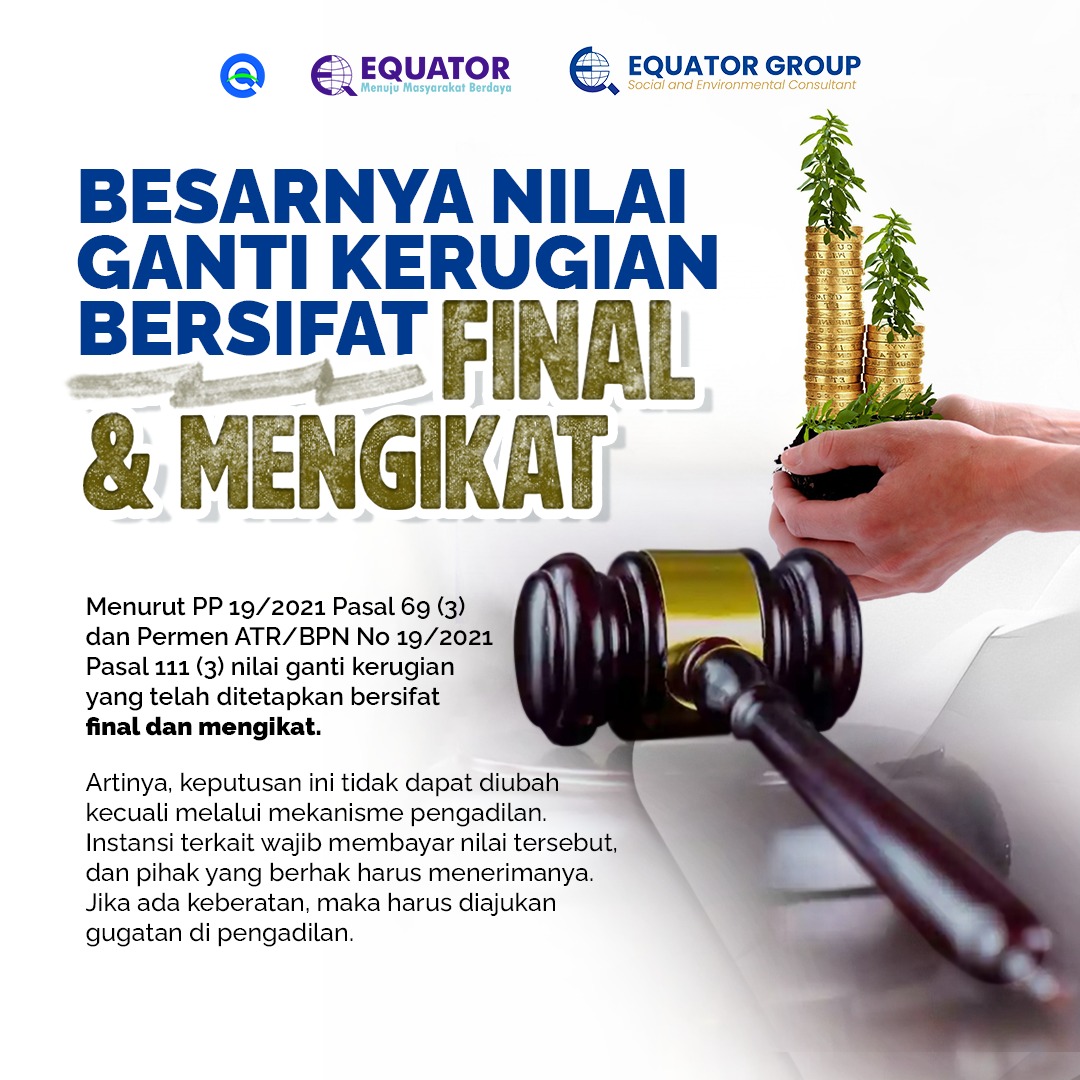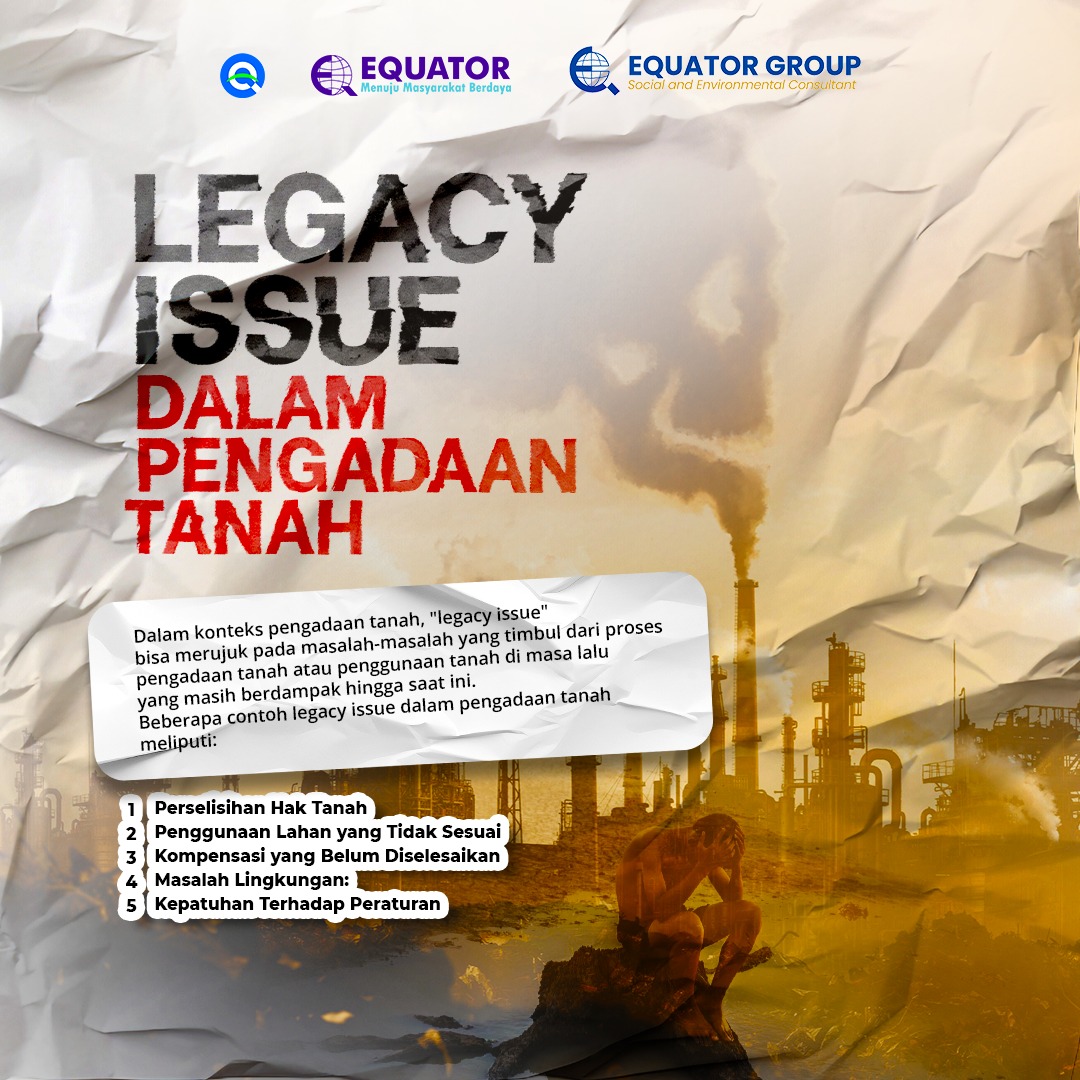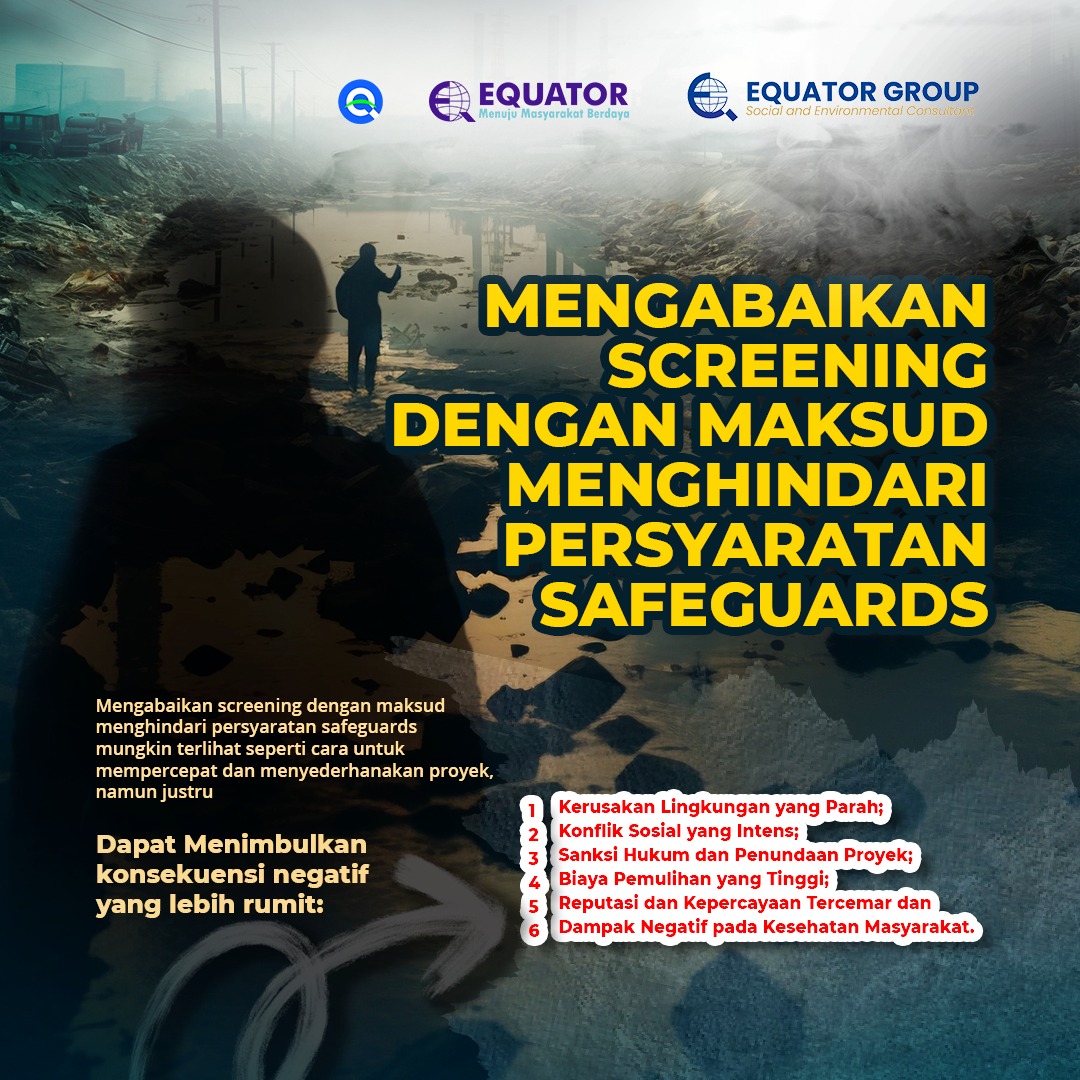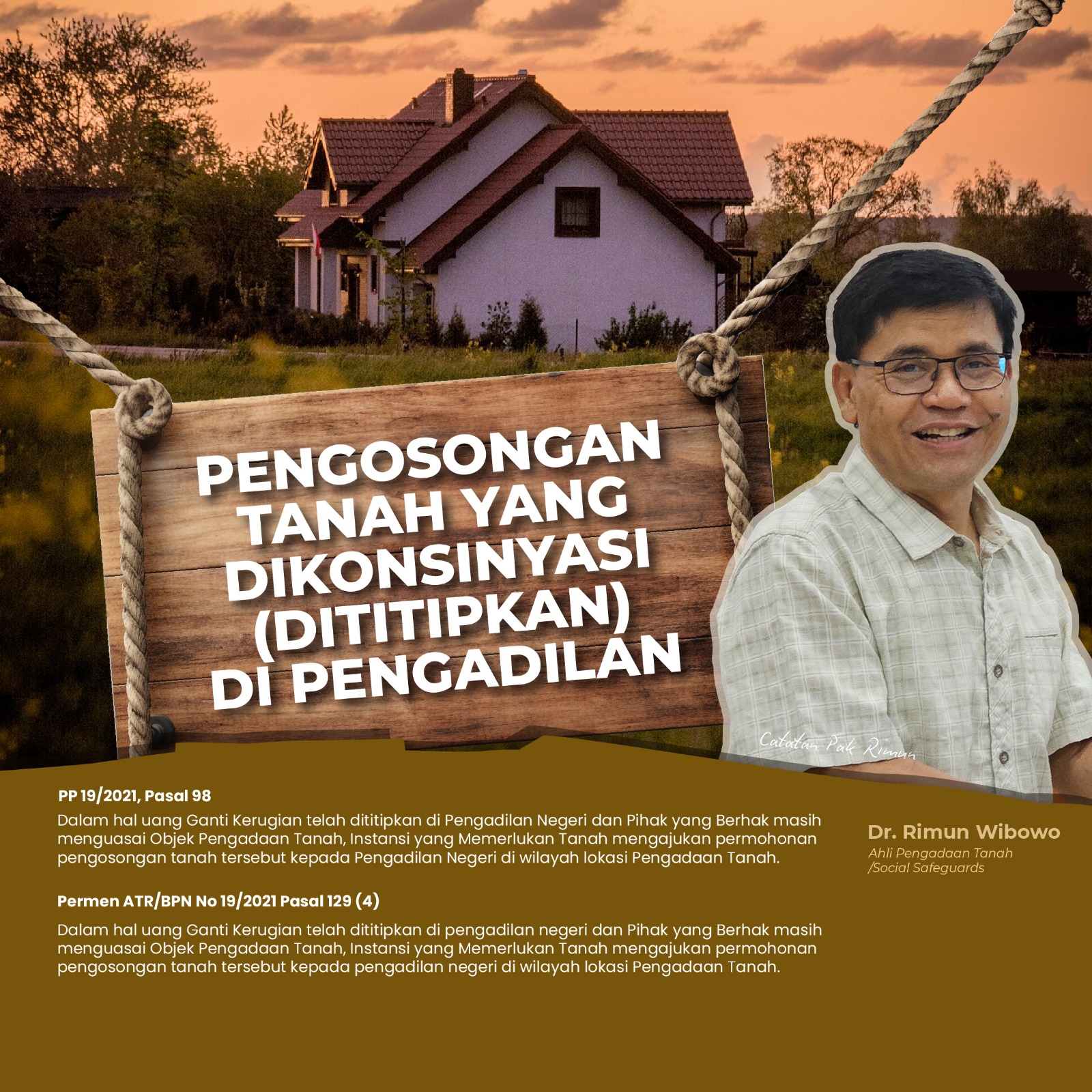



Part 1: Proposed Amendments to Law No. 2 of 2012
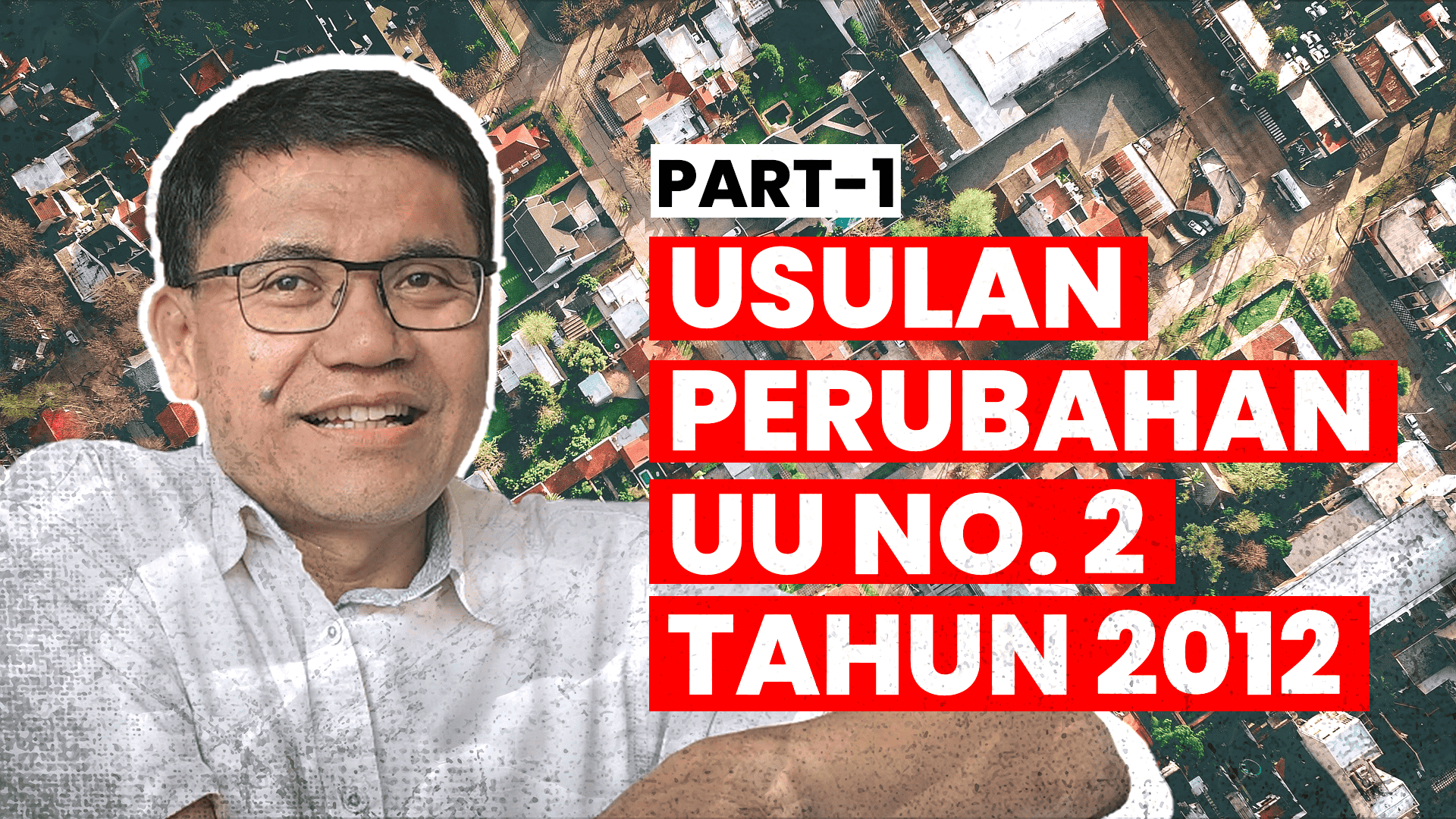
Part 1: Proposed Amendments to Law No. 2 of 2012
Indonesia is currently vigorously developing its infrastructure, with many large projects included in the National Strategic Projects (NSP). This development is expected to enhance connectivity, spur economic growth, and improve the quality of life for its citizens. However, behind this grand ambition, there are various challenges and diverse opinions from the public.
Challenges in Land Acquisition
One of the main challenges in infrastructure development is land acquisition. Land is a vital component that cannot be ignored. The need for land for infrastructure development is significant, but on the other hand, land is also becoming increasingly valuable to the community for their daily livelihoods.
The land acquisition process often becomes a hot spot in the implementation of large projects. Many people feel that this process is being rushed and lacks transparency. The era of openness and transparency demands that the government cannot arbitrarily proceed with land acquisition. Therefore, clear regulations and fair and transparent implementation are needed.
Opinions and Suggestions
According to an expert we interviewed, Indonesia will continue to build, and the need for land for development is inevitable. However, the government must consider several important factors to balance the needs of development and the interests of the community.
-
Regulation Improvement: Regulations related to land acquisition must be improved to be clearer and fairer. Existing regulations should accommodate development needs without sacrificing the rights of the community.
-
Process Transparency: The land acquisition process must be carried out transparently. The public should be provided with clear and complete information about the projects to be implemented, including their impacts and the compensation they will receive.
-
Role of Implementing Officers: Implementing officers, consultants, and all parties involved in the land acquisition process must work professionally and with integrity. Proper and fair implementation will help reduce conflicts and resistance from the community.
-
Community Participation: Involving the community in the planning and implementation process of projects can help create a sense of ownership and reduce resistance. With active participation, the community can understand the long-term benefits of the development being carried out.
Conclusion
Infrastructure development in Indonesia is a crucial step for the nation's progress. However, the challenges in land acquisition must be addressed wisely and fairly. The government needs to improve regulations, ensure process transparency, involve professional implementing officers, and increase community participation. With these steps, it is hoped that infrastructure development can proceed smoothly without compromising the interests of the community.



